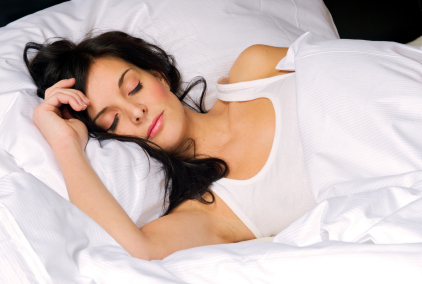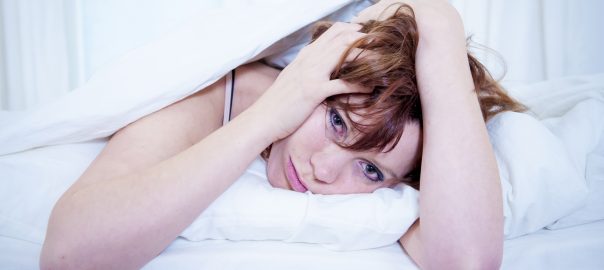Concierge and commercial medical services represent two distinct approaches to healthcare delivery, each offering unique benefits and considerations for patients. Understanding the differences between these models can help individuals make informed decisions about their healthcare needs.
Concierge medical services, often referred to as boutique or personalized medicine, prioritize individualized care and enhanced patient-provider relationships. In a concierge practice, patients typically pay an annual or monthly fee in exchange for exclusive access to their physician and a comprehensive array of services. This fee-based model allows for longer appointment times, same-day or next-day appointments, and increased availability for communication with healthcare providers. Additionally, concierge practices often offer preventive services, wellness programs, and personalized treatment plans tailored to each patient’s specific needs and preferences. This personalized approach fosters a deeper level of trust and collaboration between patients and their healthcare providers, leading to more proactive and effective healthcare management.
On the other hand, commercial medical services operate within the traditional fee-for-service or insurance-based healthcare system. In this model, patients typically pay for medical services on a per-visit basis or through their insurance plans. Commercial practices may have larger patient volumes, shorter appointment times, and less emphasis on personalized care and preventive services. While commercial medical services offer a wide range of medical treatments and specialties, patients may experience longer wait times for appointments, limited access to their healthcare providers, and less continuity of care.
One of the key differences between concierge and commercial medical services lies in the level of access and attention patients receive from their healthcare providers. In a concierge practice, patients often have direct access to their physician via phone, email, or virtual consultations, leading to more timely and personalized care. In contrast, patients in commercial practices may have to navigate through administrative hurdles and wait times to communicate with their healthcare providers.
Ultimately, the choice between concierge and commercial medical services depends on individual preferences, healthcare needs, and financial considerations.
If you would like to learn more about how you can ensure your health, contact Dr. Gordon C. Gunn MD in Fullerton, CA at 714-912-2211 or visit our website at www.gordongunnm.com for more information regarding women’s health.
Dr. Gordon Gunn proudly serves Buena Park, La Mirada, Yorba Linda, Diamond Bar, Walnut and all surrounding areas.



